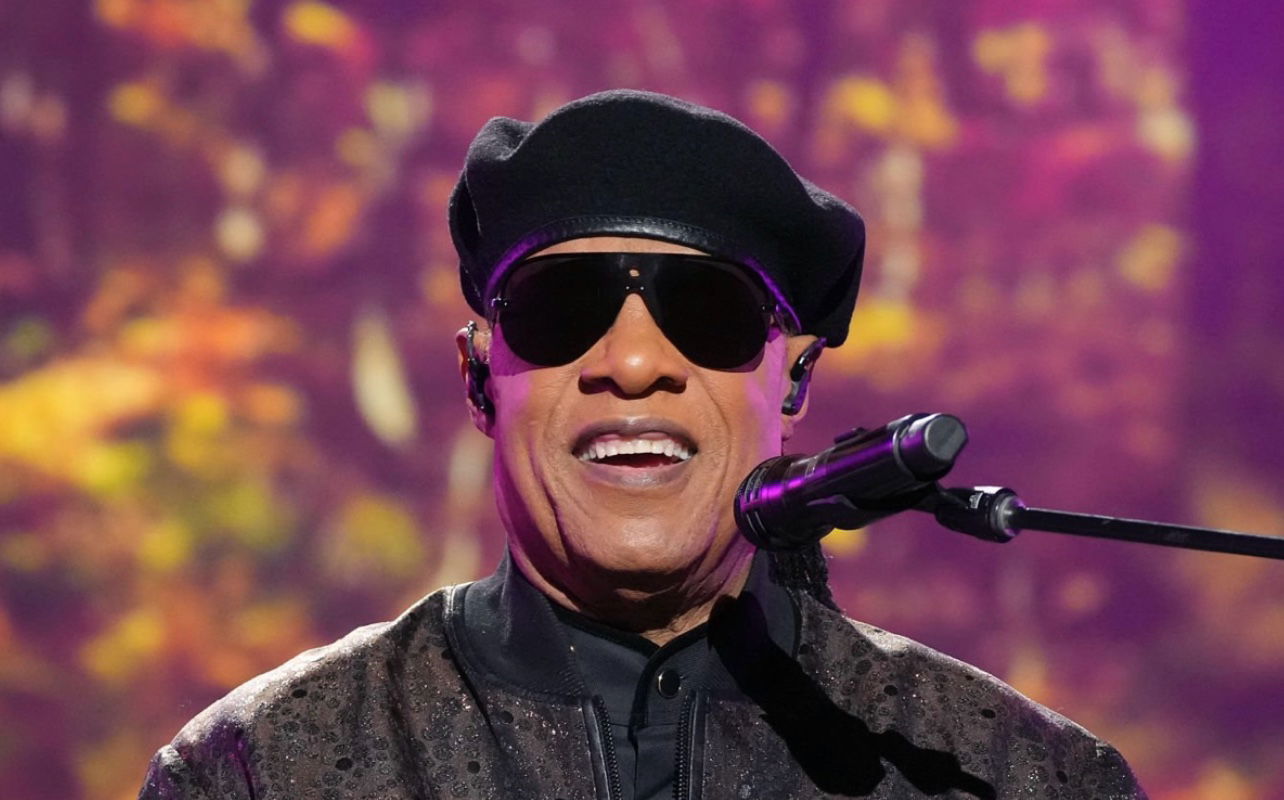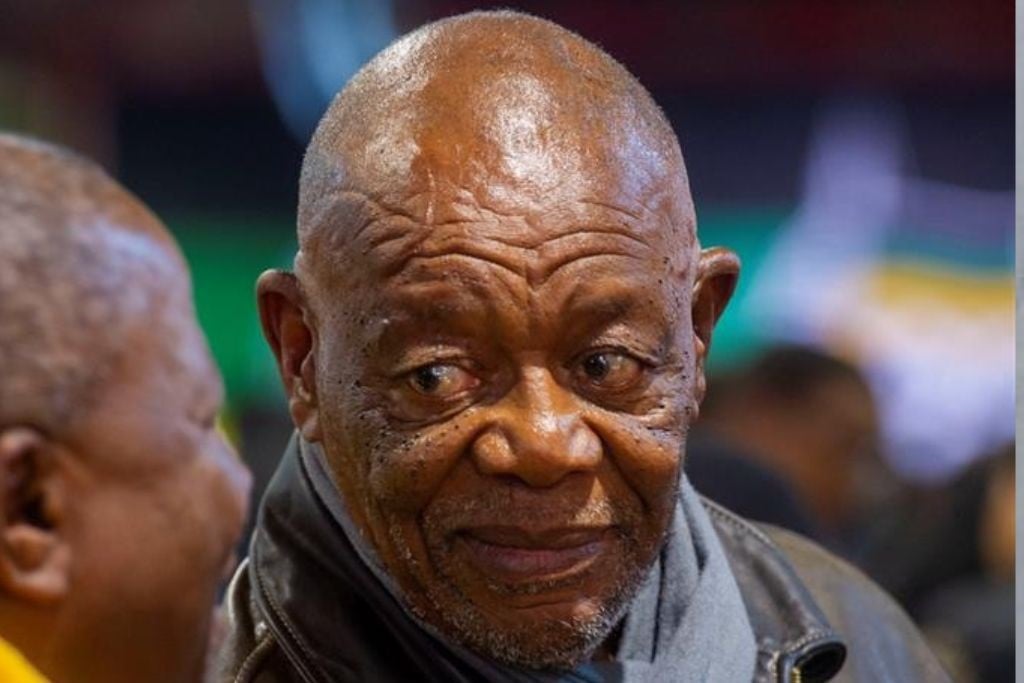You have a preview view of this article while we are checking your access. When we have confirmed access, the full article content will load.
Nationalist hatred has been linked to forces like stagnant wages and declining services, even though research shows immigration helps many economies.

Aug. 10, 2024, 12:01 a.m. ET
Like many cities around Britain shaken by anti-immigrant riots over the past week, Hartlepool, a seaside town on the northeast coast, has partly recovered from the devastating waves of industrial decline that began washing over the country in the 1980s.
Still, the scars linger. Disposable income is below the national average, and more people are out of the work force, according to the Office for National Statistics. There are fewer active businesses, healthy life expectancy is lower and the crime rate is 89 percent higher.
In Britain, as well as throughout Europe and in the United States, economic problems — like stagnant wages, roaring inequality and declining public services — have been linked to the rise of anti-immigrant attitudes.
Even though research shows that immigration is an overall plus for most economies, far-right politicians have been able to exploit those frustrations to energize supporters and gain political power.
In Britain, Nigel Farage, the leader of the populist, anti-immigration party Reform, has regularly made false claims that refugees and migrants drained public budgets. He has complained, for instance, about Britain having to “build a house every two minutes” to accommodate legal migrants and warned of “those arriving on the back of lorries” trying to get benefits.
Mr. Farage, who was elected to Parliament in July, added to the web of disinformation that helped kindle the riots by inaccurately suggesting the man who fatally stabbed three young children at a dance class in Southport was an undocumented immigrant. He later came out against the violence.



.png) 1 month ago
74
1 month ago
74


















